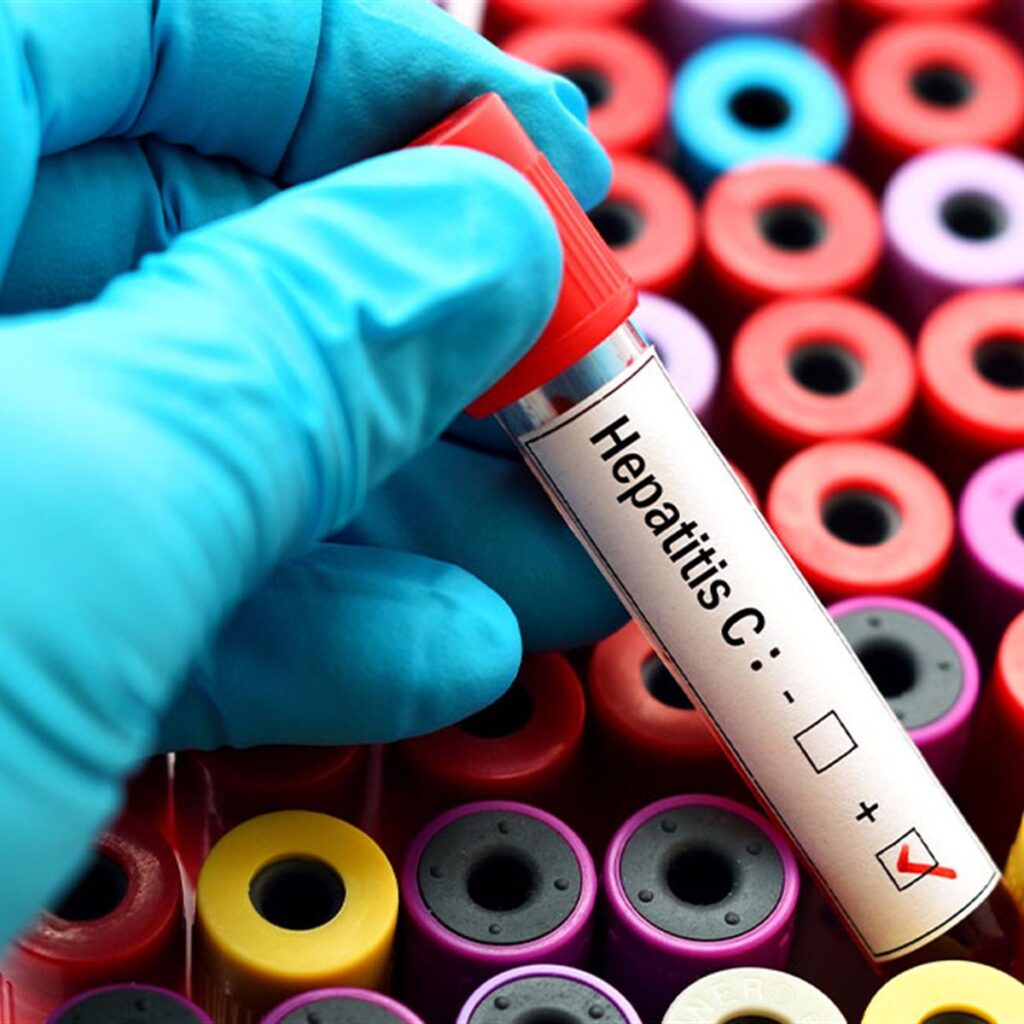
The World Health Organization (WHO) has approved the first hepatitis C virus (HCV) self-test, which can play a crucial role in increasing access to testing and diagnosis. This will help speed up global efforts to eliminate hepatitis C.
The OraQuick HCV self-test, created by OraSure Technologies, is an expansion of the pre-qualified OraQuick® HCV Rapid Antibody Test, which was initially approved by WHO in 2017 for professional use. The version of the test created for non-experts offers individuals a convenient kit with all the necessary components for performing the test on their own.
In 2021, the WHO made a recommendation for HCV self-testing (HCVST) as a way to enhance the current HCV testing services available in different countries.The recommendation was made based on solid evidence that shows how it can improve access to and utilization of services, especially among individuals who may not typically seek testing.
Implementation projects at the national level, which have received significant support from Unitaid, have demonstrated strong levels of acceptability and feasibility. These projects have also empowered individuals by providing them with personal choice, autonomy, and access to self-care services that are free from stigma.
On a daily basis, viral hepatitis claims the lives of 3500 individuals. According to Dr. Meg Doherty, the Director for the Department of Global HIV, Hepatitis, and STI Programmes at WHO, the number of people diagnosed with hepatitis C is alarmingly low at only 36% out of the 50 million affected. Furthermore, by the end of 2022, only 20% of those diagnosed will have received curative treatment. “The inclusion of this product in the WHO prequalification list is a significant step towards enhancing HCV testing and treatment services. It will help ensure that a greater number of individuals receive the necessary diagnoses and treatment, thereby making a valuable contribution to the global objective of eliminating HCV.”

The prequalification (PQ) program by WHO assesses various tests, including those used to detect antibodies to HCV in vitro diagnostics (IVDs). The program evaluates IVDs based on standards of quality, safety, and performance. It plays a crucial role in assisting countries in achieving high-quality diagnosis and treatment monitoring.
According to Dr. Rogério Gaspar, the Director for the Department of Regulation and Prequalification at WHO, the introduction of a WHO-prequalified HCV self-test is crucial for low- and middle-income countries to have access to safe and affordable self-testing options. This is an important step towards diagnosing 90% of all people with HCV. “This accomplishment helps enhance the availability of high-quality health products for individuals residing in low-income countries.”
WHO will continue to evaluate and explore more HCV self-tests, promote evidence-based implementation, and collaborate with communities to broaden the range of options for all countries.